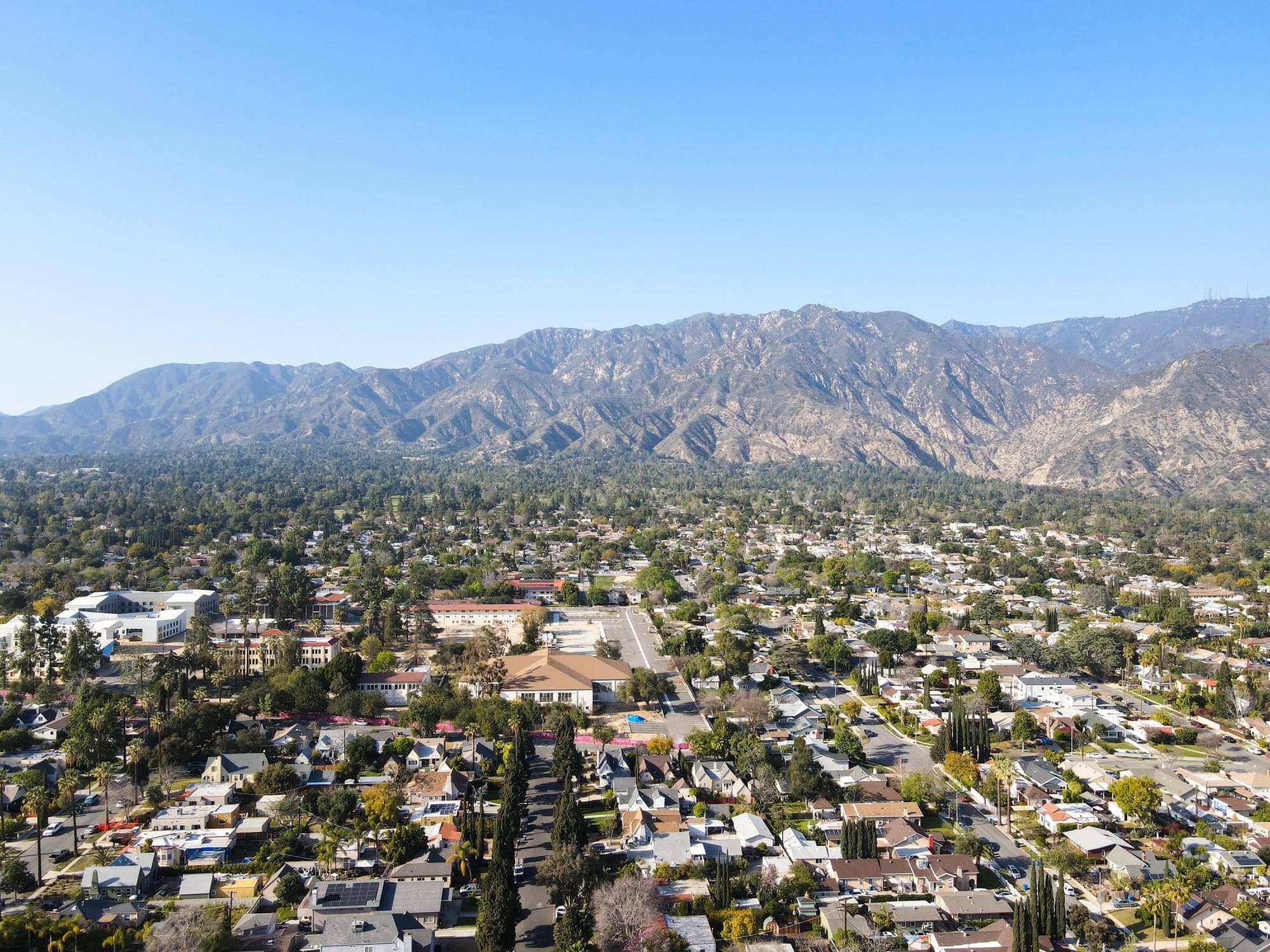In the plumbing industry, the term FOG is infamous, not for providing an eerie setting for a science fiction movie but for representing a problem that can mean trouble for drainpipes—fats, oils, and grease. These substances are seemingly harmless, aside from their ability to clog your arteries. But when you pour them down the drain, they can do more harm than you might expect.
What Happens to FOG in the Drains
You make a bunch of bacon for breakfast, and after you’re finished, you pour the leftover grease in the drains. When you do, it’s in liquid form. But as it cools down, the liquid can solidify in the pipes, coating the inside and slowly clogging up the drains. Eventually, the problem gets severe, and you’ll have to call in professionals for a potential emergency plumbing repair.
How You Can Prevent the Problem
You can prevent FOG from clogging up your drains by setting some rules for the kitchen. Make sure everyone in the family knows what fats, oils, and greased do to the drains. Put up a sign as a reminder, perhaps, and set aside a container for dumping grease into after cooking.
How Plumbers Handle the Problem
Removing FOG from your drains isn’t easy. An auger may not pull it out completely, and drain cleaning chemicals are sometimes ineffective, and usually bad for your pipes. Call in plumbers if FOG plugs your drains and they’ll use hydro jetting to get them clean.
This even works well as a preventive measure. The presence of FOG lining your drainpipes allows other debris to gather in the pipes, which can make you more likely to have a clog. Having a professional plumber use hydro jetting on your drains before a clog can prevent this.



